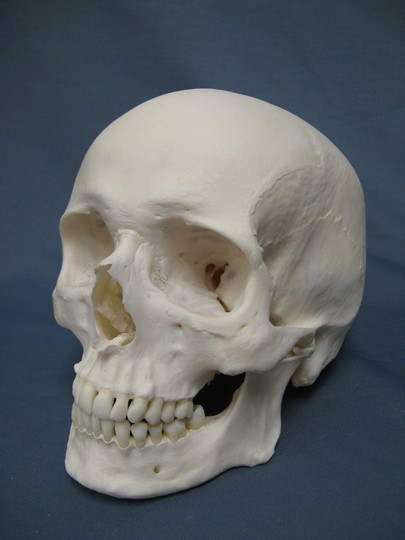Men 'To Become Extinct in Five Million Years'
Men will become extinct in five million years' time due to the gradual depletion of the Y chromosome, according to a prominent Australian scientist.
Speaking at the Australian Academy of Science, Professor Jenny Graves justified her theory of the male species going extinct when she said that the genes in the Y chromosome were gradually diminishing, meaning that men will slowly become extinct in years to come.

Both men (who have an X and a Y chromosome) and women (who have two Xs) had an identical number of genes, around 1,000, when the human species first evolved from apes. However, over time, the genes in the Y chromosome have dwindled to double digits.
In contrast, the X chromosome has survived with little damage. Thus the X chromosomes in the female can help out each other to make repairs, whereas it is far more difficult for the male human system to correct genetic faults and prevent decay.
"Three hundred million years ago, The Y chromosome had around 1,400 genes on it, and now it's only got 45. So at this rate, we're going to run out of genes on the Y chromosome in about five million years," Professor Graves said in a public lecture in Ireland two years ago.
"The Y chromosome is all alone in the male but in the female it has a friend, so it can swap bits and repair itself. If the Y gets hit, it's a downward spiral."
Among the genes that are slowly eroding is the SRY gene, which determines a person's sex.
Graves also mentioned that most remaining genes in the Y chromosome are "junk". However she did cite the examples of rats in Japan and mole voles of Eastern Europe, which have been able to overcome the loss of their Y chromosomes.
The professor said it was impossible for the human race to be parthenogenetic, wherein the females can reproduce all by themselves. "Unlike some lizards, several vital genes must come from the male," she said.
© Copyright IBTimes 2025. All rights reserved.





















